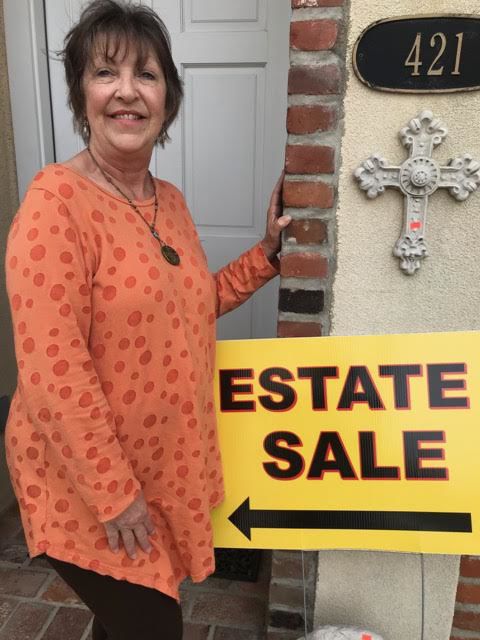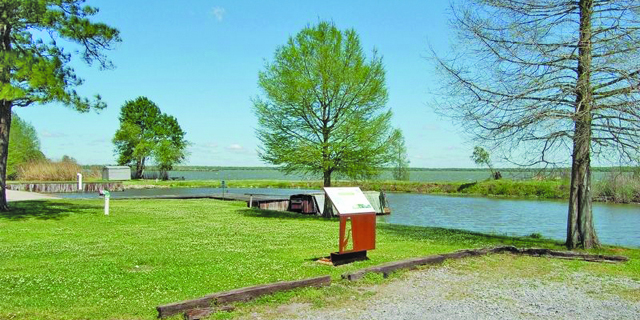Everything you need to know to be an estate sale pro
Published 9:00 am Wednesday, February 26, 2020

- Anna Meriwether of Anna Meriwether Estate Sales
At one time, the term “estate sale” was associated with the selling of silverware, Persian rugs, minks and high-end antiques at the homes of the very wealthy, after the death of the last head of the family. But the fact is, the items are no longer reserved for only high end. Estate sales are held to clear out possessions for different reasons: the death of the last homeowner, an out-of-state (or country) move, a transition to a senior living center – or, more nowadays, just to get rid of stuff so a homeowner can downsize. Anna Meriwether, of Anna Meriwether Estate Sales, has been an estate sale professional for 17 years and lends her professional advice in using such services to liquidate household belongings.
Is Your Stuff Worthy of an Estate Sale?
Trending
Meriwether says it’s not so much the quality of things (although that helps), but it’s the quantity. There should be enough items to make it profitable for the owner and the estate seller. Ideally a house full of items – in the kitchen, bedrooms, living room, bathrooms – is worth having a sale.
How Estate Sales Work
It starts with a free consultation meeting. Meriwether will walk through a home and, with a trained eye, assess the value of everything before she leaves the house. She advises sellers not to throw any items before letting her walk through the home.
“We sell everything,” Meriwether says “from antiques, art, clothing, costume jewelry and appliances to walkers, wheelchairs and the likes. Even unused toiletries, household goods, like detergent or cleaning supplies are a great buy for someone on a limited budget.” Meriwether herself has purchased a washing machine, a toilet – even a car.
She and her team of five organize, sort, appraise, price and display the items normally two weeks before the sale, in the average-size house. “I go through the jewelry with a fine-tooth comb. If I think it’s gold or semi-precious, I take it to an expert,” Meriwether says, who like many estate professionals has her sources. She gets the word out to customers through emails, her website, Facebook and advertises in local papers.
In Meriwether’s case, she sets the price of each item and has authority to negotiate from there. Prices are less than retail, for sure. She personally conducts the sale, which is where a professional’s experience with people, as well as the merchandise, pays off. The final day of the estate sale is usually when negotiating happens. In the end, the estate professional gets a percentage of the sales.
Trending
Sale Days
Sales are usually held Friday and Saturday and are free to the public. Unlike garage sales, Meriwether’s sales usually begin between 9 and 10 a.m., depending on their location.
Items That Are Trending
Magnalite pots, vintage Pyrex, garden items, Hitachi rice cookers, appliances Meriwether says not to expect getting as much as you might think for your mom’s crystal and china – or big pieces like armoires. “People aren’t formal anymore,” she says.
Why Use a Professional Estate Seller?
Some things are better left to professionals – like assessing the value of your possessions. And, a friend who likes antiques is not the same. An expert who has been in the business for years has better knowledge of the value of items. Meriwether adds another important point, “I’m not attached to the items. I remind clients that the value of an item they are fond of is not what they paid for it, but what the market will bear.” Another advantage to using an estate professional: Meriwether sends an email before each sale to over 2,000 estate sale shoppers. That’s a friends list that’s hard to beat.




